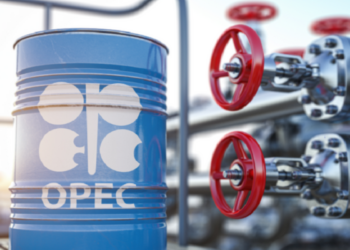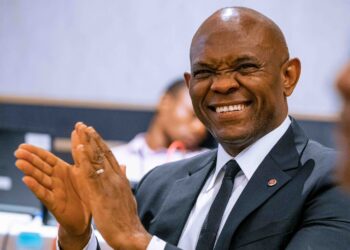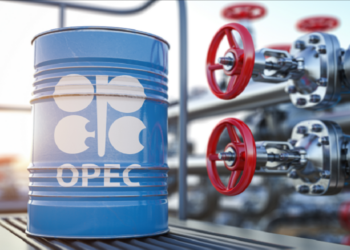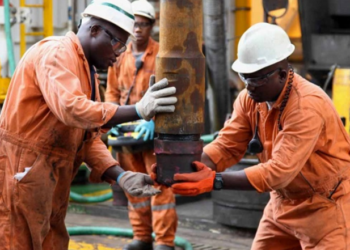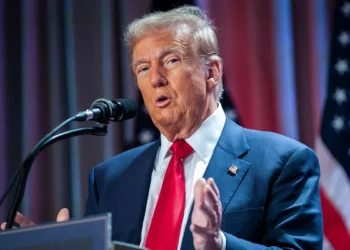A review of global oil prices on Tuesday, September 19 via Oil Price showed that Brent crude was $95.06 per barrel as of 5:36 AM, GMT+1.
The rise in oil prices is due to several factors: supply constraints following the decision by Saudi Arabia and Russia to tighten their crude oil production till the end of 2023, subject to monthly reviews.
Also, China’s economy is showing signs of a comeback from its downturn as economic stimulus is being rolled out by the government and market experts believe that this will increase oil demand in the country, contributing to a rise in crude prices.
In a whirlwind of market dynamics, the Nigerian crude Qua Iboe benchmark saw a surge to $100 per barrel on Monday, only to show a slight dip to $98.33 per barrel early on Tuesday.
Concurrently, the West Texas Intermediate held its ground at $92.41 per barrel, portraying a fluctuating yet substantial oil market.
Amidst this turbulence, the International Energy Agency (IEA) recently asserted that the pinnacle of oil demand is on the horizon. However, the Organization of Petroleum Exporting Countries (OPEC) responded to this prognosis.
Adding a global perspective to the discourse, Amin Nasser, the President and Chief Executive Officer of Saudi Aramco, delivered a compelling address during the World Petroleum Congress in Alberta, Canada.
He emphasized the peril of swiftly phasing out conventional energy sources, urging for a cautious approach.
Nasser stressed that the ongoing transition is causing profound confusion across energy-dependent industries and leaving long-term planners and investors at a crossroads.
He advocated for a strategic scale-up of technology to capture carbon emissions, emphasizing the need for a synchronized effort by governments and companies.
What does this mean for Nigeria?
The Nigerian oil industry grapples with the thorny issue of crude oil theft, rendering the prospect of reaping profits from the recent surge in global crude prices a distant dream.
The production figures from August 2023, standing at 1.1 million barrels per day (excluding condensate production), underscore the severity of this challenge.
On the home front, Nigerians must brace themselves for a potential surge in petrol pump prices if the current rally in global crude prices persists.
Regrettably, viable alternatives, such as compressed natural gas (CNG) recently greenlit by the Tinubu administration, won’t be accessible until 2024.
Furthermore, the eagerly anticipated rehabilitation of local refineries—Port Harcourt, Kaduna, and Warri—remains a promise slated for 2024.
To exacerbate the situation, the commencement of operations at the Dangote refinery, initially projected for the July-August timeframe, remains pending.
Consequently, should the rally persist and marketers opt to adjust petrol pump prices in response to market dynamics, Nigerian consumers will find themselves in an unfavourable position with limited options for respite.
The road ahead demands strategic foresight and proactive measures to mitigate the potential impact of this volatile market landscape.








